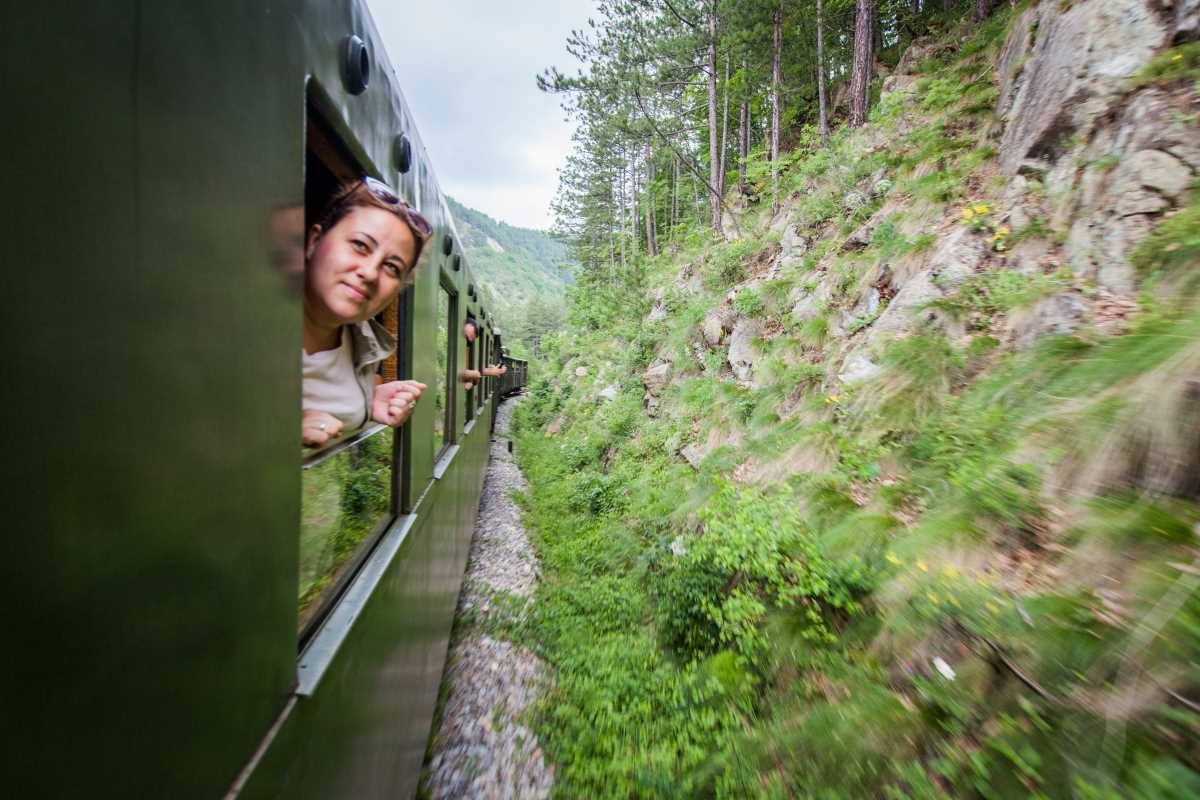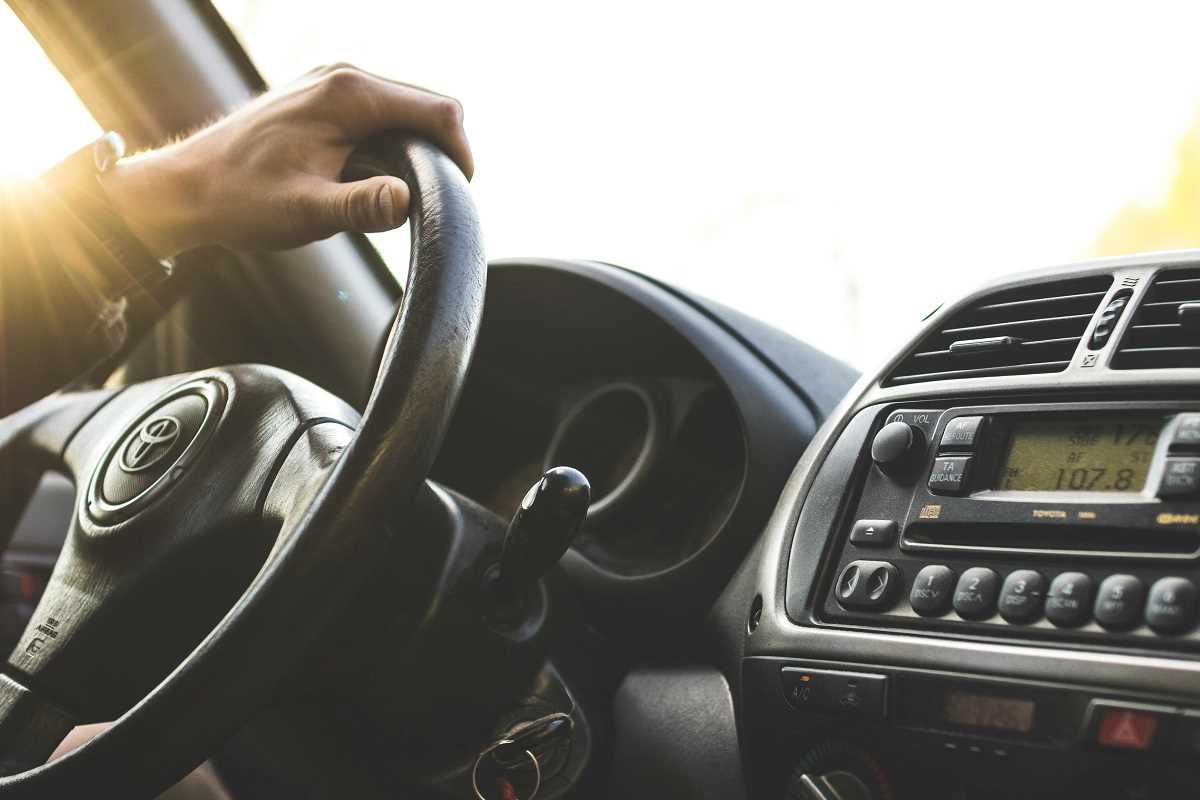Traveling alone can be one of the most liberating and enriching experiences, offering the chance to explore new places, meet interesting people, and connect with yourself in profound ways. However, solo travel also presents unique challenges and potential safety risks. To help ensure a safe and enjoyable journey, here are comprehensive safety tips for solo travelers that you can apply on your next adventure.
1. Research Your Destination
Before you even book your ticket, it's crucial to thoroughly research your destination. Understanding local customs, culture, and safety concerns can significantly impact your experience. Look up the areas that are considered safe for tourists and those that you should avoid. Websites, travel forums, and social media can provide valuable insights from other travelers.
Additionally, familiarize yourself with local laws, as some behaviors considered acceptable in your home country might not be in others. For instance, certain gestures or dress codes may be deemed inappropriate. Knowing the legalities can help you avoid unintentional offenses.
2. Share Your Itinerary
Once you've planned your trip, share your itinerary with someone you trust—be it a family member or a close friend. Provide details about your flight information, accommodation, and any planned activities. Establish a regular check-in schedule so that someone knows your whereabouts and can help in case of emergencies.
This strategy not only keeps you accountable but also offers peace of mind to both you and your loved ones.
3. Stay Connected
In today’s digital age, staying connected is easier than ever. Ensure your mobile device is charged and has an international plan or a local SIM card if you're traveling abroad. Download essential apps for navigation (like Google Maps), language translation, and communication (like WhatsApp or Skype). These tools can be lifesavers, especially in unfamiliar territories.
Consider carrying a portable charger to ensure your devices remain operational throughout your day. You don't want to find yourself lost without access to maps or communication.
4. Choose Accommodations Wisely
Your choice of accommodation can significantly affect your safety. Opt for hotels, hostels, or guesthouses that have good security measures in place, such as 24-hour reception, secure access, and positive reviews from previous guests. Platforms like Airbnb can also be a good option, but always check the ratings and reviews carefully.
Before booking, research the neighborhood to ensure it's safe and convenient for your needs. If you arrive at your accommodation and it feels unsafe or uncomfortable, trust your instincts and consider finding another place to stay.
5. Keep Valuables Secure
When traveling solo, it’s essential to keep your valuables secure. Use a money belt or a hidden pouch to store your passport, cash, and credit cards. Avoid keeping everything in one bag, and consider using hotel safes for extra security.
When out and about, be cautious with bags and backpacks. Use a crossbody bag that can be easily kept in front of you and avoid flashy accessories that may attract unwanted attention. Always be aware of your surroundings, especially in crowded places, to deter pickpockets.
6. Blend In
One effective way to stay safe while traveling is to blend in with the locals. Dress appropriately for the culture and avoid wearing items that may signal you as a tourist. Learning a few basic phrases in the local language can also help you connect with people and navigate situations more smoothly.
Being perceived as a local rather than a tourist can help you avoid drawing unnecessary attention and reduce the likelihood of being targeted for theft.
7. Trust Your Instincts
Your intuition is one of your best defenses when traveling alone. If a situation feels off or someone seems overly aggressive, don’t hesitate to walk away or seek help. Trusting your instincts can prevent you from falling into potentially dangerous situations.
This principle extends to social interactions as well. If you meet someone who makes you uncomfortable, it’s perfectly acceptable to excuse yourself and leave. Always prioritize your safety over politeness.
8. Stay Aware of Your Surroundings
Keeping your wits about you is crucial for solo travelers. Always be aware of your environment, especially in crowded places like markets, public transport, and tourist attractions. Avoid distractions, such as using your phone while walking in unfamiliar areas, as this can make you more vulnerable.
If you're in a busy area, take a moment to observe your surroundings. Look for emergency exits, potential escape routes, and where to find help if needed.
9. Limit Alcohol Consumption
While enjoying local cuisine and beverages is part of the travel experience, it’s wise to limit alcohol consumption when traveling alone. Staying sober allows you to maintain control over your decisions and awareness of your surroundings.
If you choose to drink, do so in moderation and always keep an eye on your drink. Accepting drinks from strangers can lead to dangerous situations, so it's better to err on the side of caution.
10. Use Reliable Transportation
Transportation can be a significant concern when traveling solo. Whenever possible, use reputable taxi services or rideshare apps like Uber or Lyft. Research local transportation options ahead of time, and avoid accepting rides from strangers or using unmarked vehicles.
If you’re using public transport, stay alert and keep your belongings close. Familiarize yourself with the route beforehand to avoid looking lost or vulnerable.
11. Keep Emergency Contacts Handy
Before you leave, compile a list of emergency contacts, including local emergency services, your country’s embassy or consulate, and a trusted friend or family member. Save this information in your phone and write it down in a physical format, too, in case your device dies or is lost.
Having this information easily accessible can be crucial in emergency situations, allowing you to act quickly and seek help when needed.
12. Stay in Public Places
When meeting new people, especially in foreign countries, opt for public venues rather than secluded spots. Whether it’s a café, a park, or a popular tourist attraction, staying in public areas minimizes the risk of being taken advantage of.
If you feel uncomfortable or threatened in any situation, don’t hesitate to remove yourself. It's better to prioritize your safety than to worry about being polite.
13. Don't Share Personal Information
Simple common sense can often be your best ally. Avoid sharing too much personal information with strangers, especially regarding your travel plans or accommodations. Be cautious about who you trust and remember that not everyone has good intentions.
14. Keep Copies of Important Documents
In case of theft or loss, keep copies of important documents such as your passport, ID, and travel insurance details. Store one copy securely on your phone and keep another printed copy in a separate location from the originals. This preparation can be invaluable in helping you navigate the aftermath of losing important documents.
15. Stay Healthy
Prioritize your health while traveling. Drink plenty of water, eat balanced meals, and get adequate rest. If you’re visiting a destination with specific health risks, ensure you have the necessary vaccinations and medications.
In addition to physical health, pay attention to your mental well-being. Traveling alone can sometimes lead to feelings of loneliness or anxiety. Make sure to schedule downtime to recharge and connect with yourself.
Traveling alone can be one of life’s most rewarding experiences, offering you the freedom to explore the world at your own pace. By implementing these safety tips, you can navigate your journey with confidence and ease. Remember that preparation, awareness, and trust in your instincts are key to ensuring a secure and enjoyable solo travel experience. Embrace the adventure and stay safe—there’s a world waiting for you to discover!







